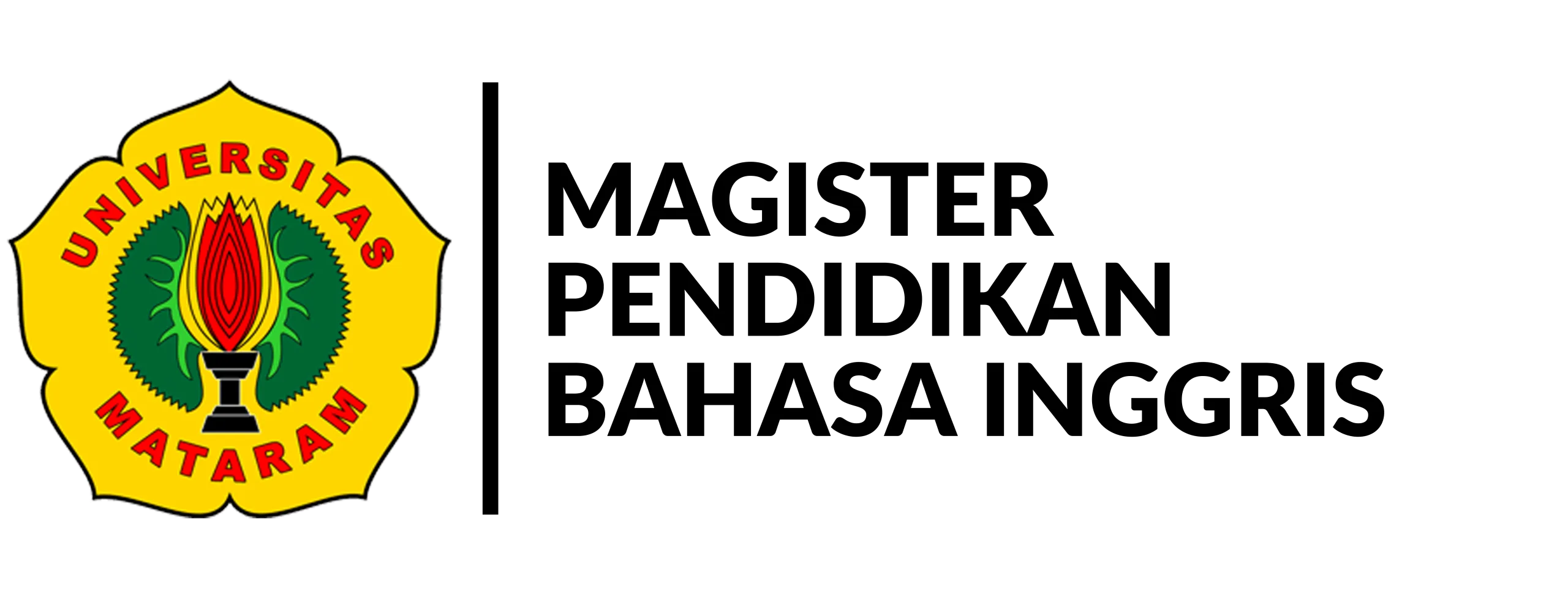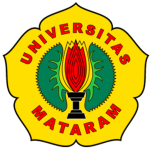Matrix of the Study Program’s Curriculum 2022. The courses offered are aimed at achieving the study program’s graduate profiles, teachers of EFL, researchers in the field of ELT, and English-related entrepreneurs.
COURSE DESCRIPTIONS
|
No |
Courses |
Descriptions |
|
1 |
Foundation of Science |
This course aims to help students better understand the nature of science and improve their competence as teachers of science, connect disciplines of science with each other and connect the sciences with philosophy, culture, psychology, history, theology, etc., and increase students’ scientific imagination and critical thinking as well as valuing the ingenuity accomplished by the study of the scientific paradigms. |
|
2 |
ELT Research Methods and Statistics |
This course aims to further develop students’ knowledge of fundamental/basic concepts of research, and descriptive and inferential statistics relevant to ELT education research. |
|
3 |
Grammar for Language Teachers |
The course aims to help students better understand English grammar and its place in ELT. The topics include the class of words, tenses and aspects, and various types of sentence structures. Also, it deals with different approaches to teaching grammar in ELT. |
|
4 |
ELT Curriculum Development and Evaluation |
This course aims to assist students in engaging in the development of a curriculum of English Language Teaching (ELT) and evaluation. The course is organized around a number of theoretical bases of ELT curriculum, principles of curriculum design, issues related to the current development of curriculum design and methods to evaluate curriculum development and its implementation. |
|
5 |
English Phonology for Language Teachers |
The course aims at developing students’ knowledge of the phonology of consonants, vowels and prosody, developing students’ knowledge of the relationship of orthography to the English sound system from a historical and a present-day perspective, and raising awareness of how phonology affects speaking and communication. |
|
6 |
Writing for Publication |
The course aims to prepare students with comprehensive knowledge, skills and experiences about the process of writing and publishing academic writing. Students are introduced to various types of research articles from ELT-related or applied linguistics journals in internationally-indexed journals. They are also trained to write articles based on research of their topics of interest or based on their thesis topics. It is expected that they are familiar with the process of writing and publishing manuscripts, and produce potential manuscripts for submission to a journal (national, international and reputable international journals). |
|
7 |
ELT Contemporary Methods and Strategies |
This course is aimed at providing students with insights into a range of new developments in English language teaching methods and strategies. It also brings together theoretical perspectives and new empirical studies on ELT methods and strategies. The course also gears the students to have skills in identifying innovative methods of teaching language skills and the assessments |
|
8 |
Syllabus Design and Instructional Planning |
This course introduces students to the rationale, basic principles, concepts and methods in syllabus development and classroom instructional planning. The course acquaints students with the principles of developing syllabi and instructional materials for EFL practitioners. The course encompasses learning activities pertaining to the assessment of learners’ needs, planning goals and objectives, organizing the course and syllabus, developing materials, and designing an assessment plan. |
|
9 |
Current Issues in EFL Instructions |
This course is designed to promote the students’ understanding of essential components of EFL teaching which include theories, approaches, and methods of learning the English language, competence, skills, principles of teaching receptive and productive skills, teaching language points teaching, intercultural learning, and curriculum implementation. It also equips students with some skills to identify and critically review various sources of issues in EFL teaching and learning and to find out their solutions using relevant theories, references, and research findings |
|
10 |
Technology-Assisted EFL Instruction |
The course is designed to help students build awareness of how technology can be utilized in the ELT field, both for classroom and independent learning. It starts with the identification of the available learning resources followed by a critical analysis of their advantages and disadvantages in helping learners acquire English. Besides, students are also expected to be able to properly integrate technology in ELT. |
|
11 |
Advanced Assessment in ELT |
The course is designed to enable students to have a more thorough knowledge and skills about the field of advanced language assessment and testing so that they can construct better, more responsible tests and professionally develop language assessment instruments, both tests and non-test tools that cover construction, try-out, administration, analysis, and use of the results competently. |
|
12 |
Literature and Language Teaching |
This course aims at developing students’ understanding of the theories of literature, the genre of literature, and the criticism theories on literary works, broadening students’ knowledge of theories on language in the most recent time, and bridging students to their comprehension of how the theories on literature and language can be applied in teaching and learning a new language, particularly English. |
|
13 |
English for Young Learners |
The course aims to increase students’ knowledge of basic principles and theories of teaching English to young learners, broaden their knowledge of critical issues relating to TEYL, and develop students’ skills to critically evaluate theories and practices of TEYL in their immediate contexts. |
|
14 |
Critical Discourse on Workplaces |
This course develops students’ understanding of concepts and approaches in analysing discourse in the workplace. It also aims to help students develop their knowledge in designing organisational communication strategies that address social and cultural inequalities within a workplace. |
|
15 |
ELT-based Entrepreneurship |
This course is aimed at Improving students’ language skills and knowledge of business and entrepreneurship and at the same time developing their sense of business in the field of ELT-related activities such as language courses, teacher training, etc. |
|
16 |
Advanced Translation |
This course aims to provide the students with some knowledge about theories and skills of translation and interpreting that can be used to conduct activities of translation and interpreting – mostly from English into Indonesia and partly from Indonesia into English. This two-credit point course is managed through 1 credit point for theories and the remaining 1 credit point for practice. The theory involves the differences and similarities between translation and interpreting, describes translation strategies and shifts, equivalence at the word and above word level, grammatical and pragmatic equivalence, some important issues on interpreting and two types of interpreting – simultaneous and consecutive. |
|
17 |
Nusa Tenggara Languages and Cultures in Contact |
This course provides an introduction to key ideas in the study of language and culture, including the concepts of ideology, dialogism, identity, and indexicality, equips students with a critical awareness of the role language plays in social, cultural and political interaction across a variety of cultures and develop students’ skills in exploring the potential of ethnography for informing analyses of language and discourse |
|
18 |
Language and Cognition |
This course intends to help students develop their knowledge of the complexity of language and several key subdomains of psycholinguistics, their relations to each other, and the influences of non-linguistic aspects of cognition on language acquisition and processing. Also, it aims to assist students in developing their ability to critically examine arguments for treating language as a series of special systems. |
|
19 |
Systemic Functional Linguistics |
This course aims to help students develop their knowledge of the functional approach to language fundamental concepts in a functional approach to language, such as genre and register; metafunctions (experiential, interpersonal and textual); and the grammatical devices that are used to encode those metafunctions (systems of Transitivity, Mood and Theme). In addition, it intends to assist students in developing their knowledge of the basic constructs in systemic functional linguistics. |
|
20 |
Thesis Proposal Development |
This course helps students identify stages in developing a research proposal, choose a topic and formulate a research question and working thesis. Finally, students should be able to develop a good research proposal. |
|
21 |
Thesis Research Seminar |
This course aims to provide students an opportunity to report their findings in written and verbal forms, record inputs and suggestions for revision and be able to revise their thesis draft based on the provided inputs and suggestions from the examiners |
|
22 |
Master’s Thesis |
As the final project of the program, this course is intended to help students develop a thesis by applying skills of thinking, critical reading, analyzing and writing scientifically and academically on a particular topic. |

